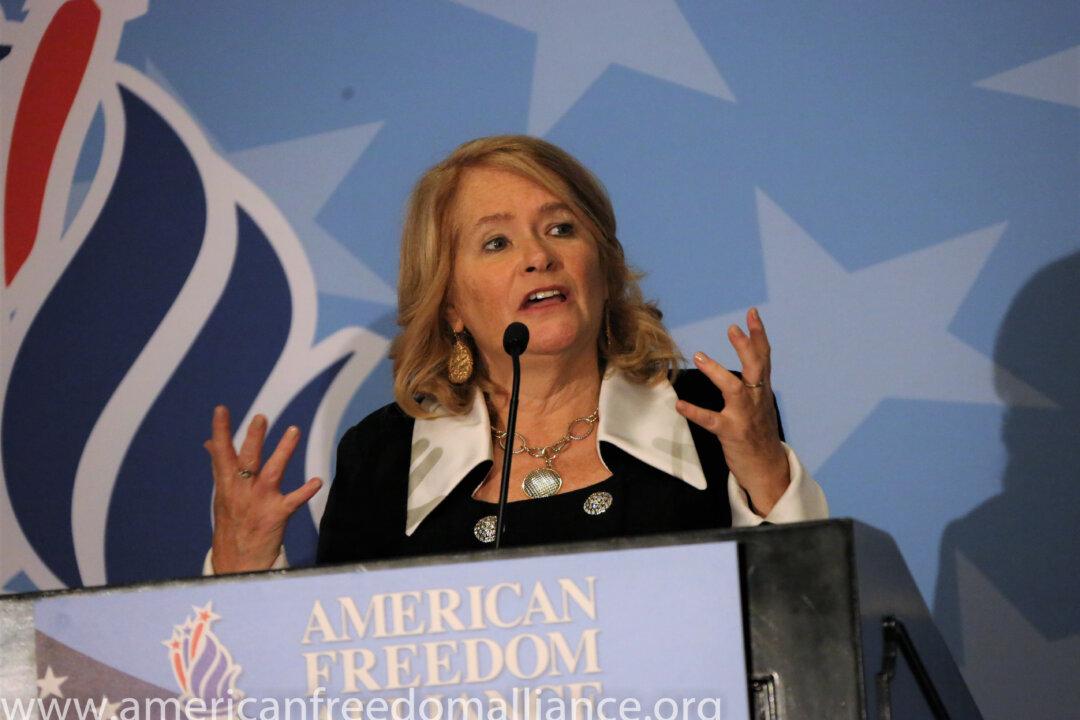Karen Siegemund has experienced her share of political activism, from her movement to “Rage Against the Media” and its biased or untruthful reporting, to serving as president of the American Freedom Alliance (AFA), to becoming a national story overnight when she received a letter saying her teaching contract wouldn’t be renewed because of her remarks in defense of Western civilization.
She certainly seemed primed for a political life, with a father who grew up in Hitler’s Berlin, and having worked with the Navy during the Cold War.






